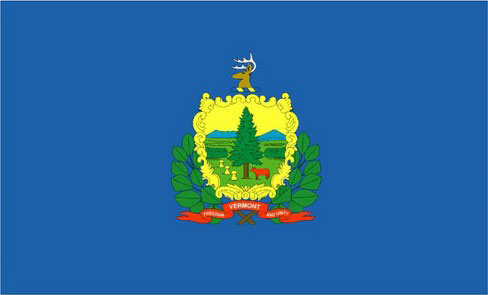A company in the U.S. state of Vermont has opened a blockchain-based platform for hemp buyers and sellers, aiming to smooth the process of secure transactions. The new technology will serve as the management system for the state’s hemp program under the Vermont Agency of Agriculture, Food & Markets (VAAFM).
Trace Exchange, created by Vermont-based tech firm Trace LLC, provides a system to track and verify cannabis products, said Josh Decatur, Trace’s founder and CEO. “Hemp growers can easily track their harvest from soil to shelf and be connected with potential buyers, putting control back in the hands of farmers in an exciting but uncertain market,” Decatur said. The Exchange, essentially an e-sales platform, lets buyers pay with a credit card.
For growers, processors, labs
The technology, to be deployed in time for hemp growers to sign up for the 2020 planting season, also will allow processors and certified labs to register online, VAAFM said.
Trace received a patent for its blockchain technology last September, allowing it to develop a platform and app that lets hemp processors upload compliance data by batch instead of plant-by-plant, thereby improving supply chain efficiency. The company said it will expand its services to the recreational and medical cannabis sectors over the coming months.
At least one financial institution is on board with the project. “The hemp industry is widely recognized as a potential economic driver for our state,” said Greg Huysman, Director of Business Lending and Services at VSECU, a Vermont credit union. “Tools like Trace are helping entrepreneurs safely enter this new arena without taking on undue risk.”
Addressing thorny issues
With passage of the U.S. Farm Bill in 2018, hemp growing has exploded in the USA, but the sector has been plagued by reliability and transparency issues Trace Exchange is designed to address, the company said.
The new exchange is authorized in Vermont under the Act Related to Blockchain Business Development, which was signed by Vermont Gov. Phil Scott in 2018. That measure cleared the way for blockchain-based limited liability companies (BBLLCs), protecting owners, managers and blockchain participants from unwarranted liability. It also provides an enforceable legal framework to create custom governance and organizational structures that fit their unique technology and circumstances, according to Vermont law firm Gravel & Shea, which helped Trace with legal aspects of establishing the blockchain system.
The State of Vermont registered 986 hemp growing licenses in 2019.

